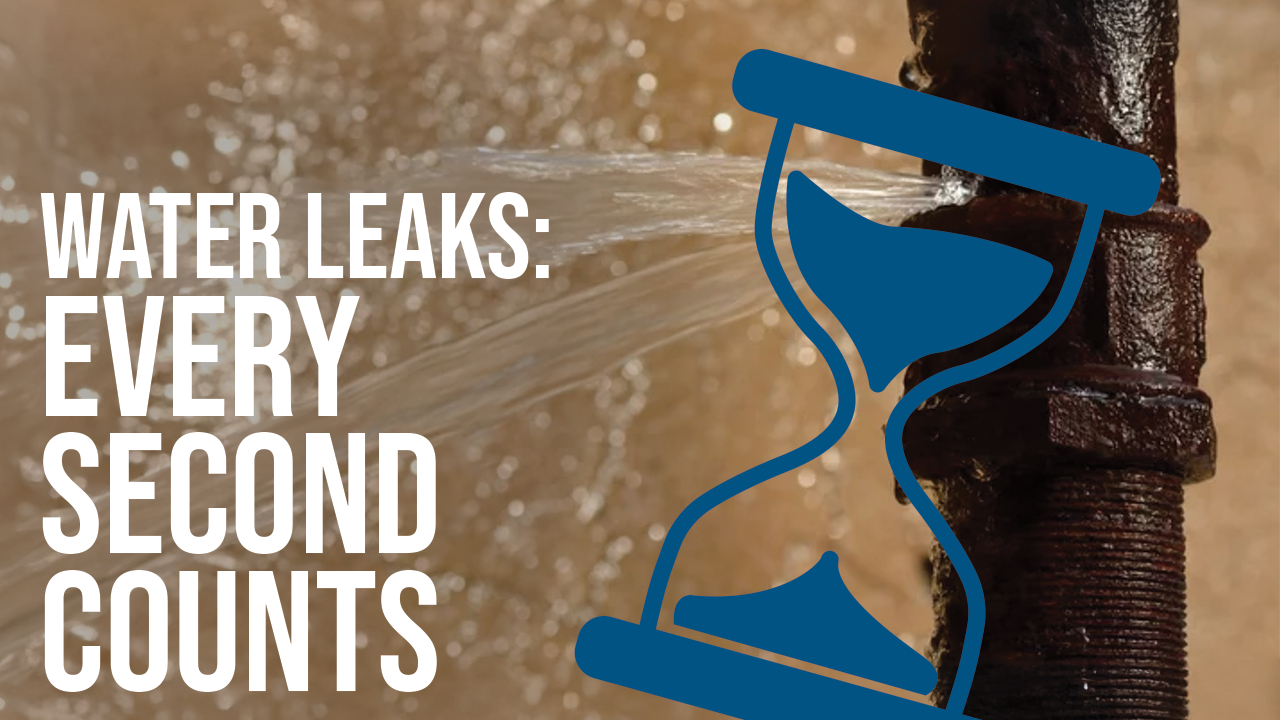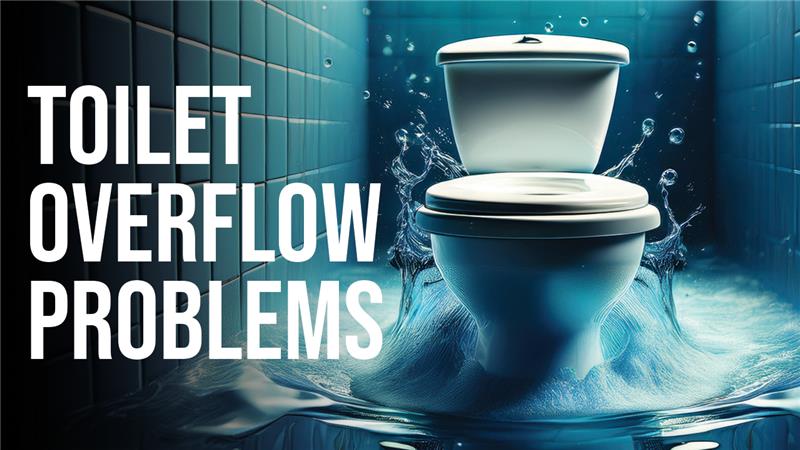Updated February 5, 2024
More and more homeowners today are looking for ways to conserve power and water. It’s not only a good idea for reducing bills, but it’s also a way to pitch in and do your part for the environment.
One suggestion you may have heard to reduce your household water use is to replace the older bathroom toilets with special low-flow models. Is this helpful, or is it only a minor change?
Yes, a Low‑Flow Toilet Can Make a Huge Difference
Let’s look at some of the stats to see how much less water a low-flow toilet uses. The first fact to know is that the toilet is the main source of water consumption in a home. It accounts for almost 30% of indoor water use in the average house. Making any change in water consumption for a toilet will have a noticeable impact.
How much water does an older toilet use? If you have toilets that are more than 20 years old, they probably use as much as 6 gallons per flush. Newer ones can use 3 to 4. But low-flow toilets with the U.S. EPA WaterSense label can use 1.28 gallons per flush, sometimes less. That’s already 20% less than the current federal standard, and an enormous difference compared to the older water wasters.
We’ll put this change in a bigger perspective: by switching to a low-flow toilet, the average family will reduce the toilet’s water consumption by between 20% and 60%, or around 13,000 gallons annually. If all homes with old, inefficient toilets replaced them with low-flow models, the U.S. would save 520 billion gallons of water each year.
So yes, a low-flow toilet is a wise idea for saving money and saving water. But you need professionals to install one, so call up our team today to arrange for the job.
Golden Rule offers great plumbing service to the greater Des Moines, IA metro area.
Contact Us Today for Plumbing Service!
If you found this post helpful, check out some other budget-saving tips:





